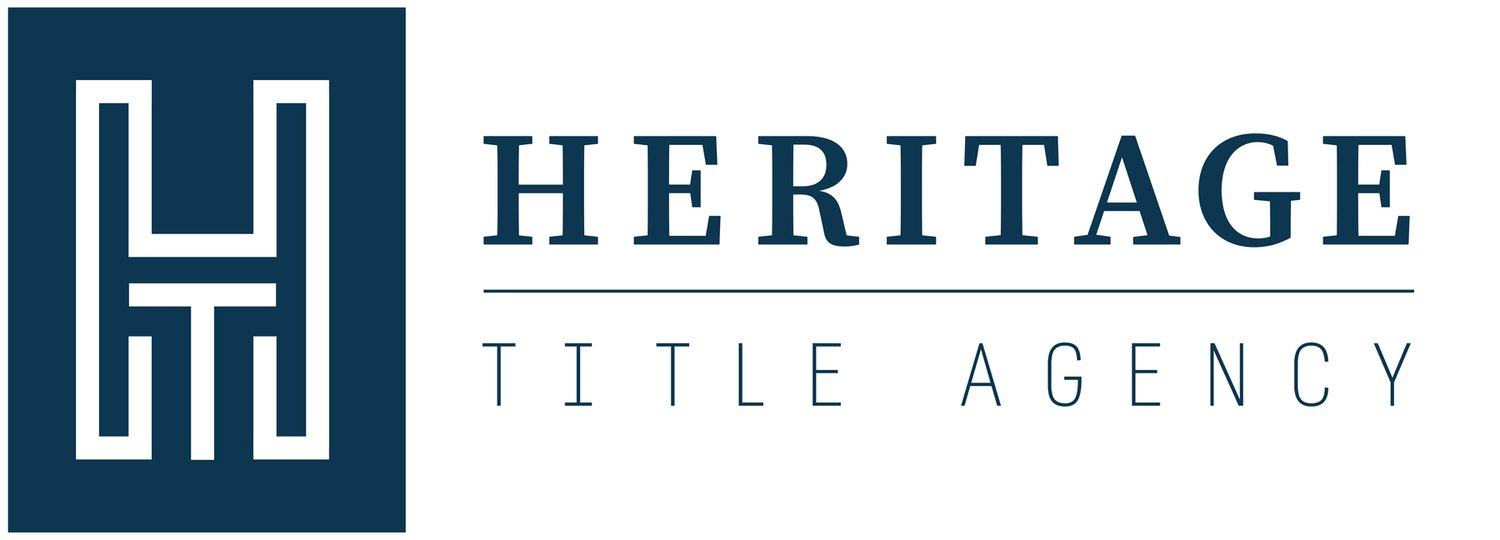What should I consider when shopping for Title Insurance?
Buying a property involves numerous steps, each as important as the last. Among them, title insurance stands out as one of the most crucial but often overlooked elements. Many prospective homeowners, eager to complete the transaction, opt for the first title insurance option presented to them—often recommended by their real estate agent. While this might seem convenient, it could come with its share of pitfalls, especially when the recommended title insurance company is partly owned by your real estate agent's firm. In this post, we delve into what to consider when shopping for title insurance and how to navigate the possible conflicts of interest.
Different Types of Policies: Owner's vs. Lender's
Before diving into the nuances of choosing a provider, understand that there are two primary types of title insurance: Owner’s Policy and Lender’s Policy. The former protects the property owner, while the latter safeguards the mortgage lender. Make sure to understand the extent of coverage under each policy and decide if you need one or both.
Your real estate agent may suggest a title insurance provider—sometimes one that's partly owned by the agent's own company. While this recommendation may come with good intentions, it's essential to shop around. Obtain multiple quotes and compare coverage options, prices, and customer reviews.
The Pitfalls of In-House Recommendations
When your real estate agent is financially tied to the title insurance company, a conflict of interest could arise. Here are some concerns you should be aware of:
Inflated Costs
Due to the existing relationship between the agent and the insurance company, the fees charged may be higher than market rates.
Limited Coverage
A title insurance company in such an arrangement might offer more restrictive policies that don’t fully safeguard the buyer's interests. How long has the company been in business for? A lot of jointly owned title companies have not been around for long and may lack experience.
Lack of Objectivity
An agent's recommendation may not be based on the quality of service or cost-effectiveness but rather on the relationship between the two companies.
Regulatory Compliance
Ensure that any recommended title insurance provider complies with Michigan State Law, Federal Law, and industry best practices, especially when there's a potential conflict of interest.
Examine the Exclusions
Title insurance policies generally have exclusions—certain conditions or types of defects that aren’t covered. It's imperative to know what these are, especially if you’re considering going with a company recommended by your agent.
Check for Reviews and Ratings
Lastly, check customer reviews and business ratings for any title insurance company you consider. This will give you an idea of their reliability, customer service, and how well they handle claims.
Title insurance is a vital but complex part of the real estate buying process. While it might be convenient to go with an in-house recommendation, be aware of the potential conflicts of interest and pitfalls that can arise from such a choice. As a prospective property owner, you should prioritize your interests, conduct thorough research, and consult experts, ensuring compliance with Michigan State Law and Federal regulations for a smooth and secure transaction.

